Photographs: Courtesy: NIA website Vicky Nanjappa
Although three years have gone by since the National Investigation Agency was formed, the report card for India's premier agency probing cases of terror does not look all that good. But the bigger question that we must ask is whether the agency has been allowed to function in a manner that it ought to have, reports Vicky Nanjappa.
The NIA is in charge of around 35 terror cases, which also include the high profile case pertaining to Pakistani American Lashkar-e-Tayiba operative David Coleman Headley, who conducted reccee of 26/11 terror sites in Mumbai .
On paper if one looks at it, the NIA has so far managed to solve just one case -- the bomb explosion at a bus depot in Kozhikode, Kerala, in 2006.
The other high profile cases that the NIA has on its hand are the Mecca Masjid, Malegaon, Delhi high court blasts cases among others.
...
Investigators chose a wrong angle to probe terror cases
Image: RAF personnel stand guard besides a burnt carriage of a Samjhauta Express train in Deewana, after two bombs exploded aboard the train bound from India to Pakistan, sparking a fire that killed at least 66 passengers, in February, 2007Photographs: Reuters
When the NIA was formed after the horrific 26/11 attacks in Mumbai, there was a great deal of hope and it was expected that it would help solve all terrorism cases.
However, that has not been the case and on many occasions it has been found that the NIA has been left clueless which led to delays in cracking cases.
But it would be unfair to blame the NIA entirely for this slow progress rate. It has had its share of problems and more often than not it has found to be undoing a mess caused by shoddy investigators.
The Mecca Masjid, Samjhauta and Malegaon cases are typical examples of this. First some members of the Muslim community were arrested in these cases and now investigations have taken a turn around. The NIA is too busy clearing this mess.
When the NIA took over the files there was not an iota of trace as to who the real culprit was. First a process of discharging the innocent took place and only then did the real investigation begin.
Any investigator would point out that it is difficult to probe a case in which the accused has been given years together to flee. The main culprits in the above mentioned cases have had nearly five years to wipe out evidence, move out of the country and also mislead investigators, thanks to the fact that the first investigators were too busy probing a completely wrong angle to the case.
Hedley's plea bargain in US biggest stumbling block for NIA
Image: A file picture of David HeadleyTake the case of David Headley and also Pakistani Canadian terror accused Tahawwur Rana. The NIA faced similar problems as they were at the mercy of the United States of America.
All information that trickled out came only when the US wanted it. Moreover, the US had permitted Headley to enter into a plea bargain which was probably one of the biggest stumbling blocks for the NIA.
After waiting for months they managed to get access and Headley refused to speak even a sentence more than what he had already told the Federal Bureau of Investigation. Hence, the entire case was built up based on what was already known.
Tussle between agencies another deterrent in probing cases
Image: A plain-clothed policeman surveys the aftermath at the site of an explosion near the Opera House in Mumbai in July, 2011Photographs: Reuters
Now coming to the fresh cases such as the 13/7 triple blasts in Mumbai and also the Delhi high court blast. Not much progress was really made and even today the investigators remain clueless.
At first the NIA was roped in to probe the 13/7 case. But then they ran into problems with the Maharashtra Anti-Terrorism Squad, as a result of which the NIA backed out.
All these tussles wasted nearly three months, and finally when the investigation re-started from scratch, both agencies had different information which was never really shared, thanks to this fight.
Even in the Delhi high court blast case, despite the government stating that the NIA would probe this case, the Delhi police probed it simultaneously.
Once again the information was not shared and this led to a hazy probe.
'In India the bureaucracy gets involved in a turf war where none should exist'
Image: A Special Weapons And Tactics member from the Delhi police keeps vigil after cordoning off the site of a bomb blast outside the Delhi high court, in September, 2011Photographs: Reuters
Radha Vinod Raju, the first chief of the NIA, had said in an earlier interview with rediff.com that the cases taken by the NIA are tough to crack.
The NIA needs to collect evidence before taking action and should not arrest suspects only to deflect pressure. The NIA comprises officers who have had exposure to terrorism and terror-related case, Raju had said.
"They are a committed lot and there is sincerity in their approach towards work. The output of their efforts clearly reflects their enthusiasm. In this respect, it's the best investigating agency that India has seen so far," he also said.
C D Sahay, former chief of the Research and Analysis Wing, points out that the NIA is very essential to deal with crimes with ramifications all over the country.
For it to succeed it must be empowered and enabled not only through federal legislations, but by a change of heart amongst all investigating agencies across the country, Sahay says.
In Delhi high court blast and also the 13/7 case there was an issue about dealing with cases. The NIA remained a spectator. This territorial approach will not allow any organisation to function properly, he adds.
We should try out the American experience where the agency is involved in every aspect of the investigation, right from collection of evidence to prosecution. Sadly in India the bureaucracy gets involved in a turf war where none should exist. I really hope I am proven wrong for the betterment of the system, he also says.
Check out our other top slideshows
...

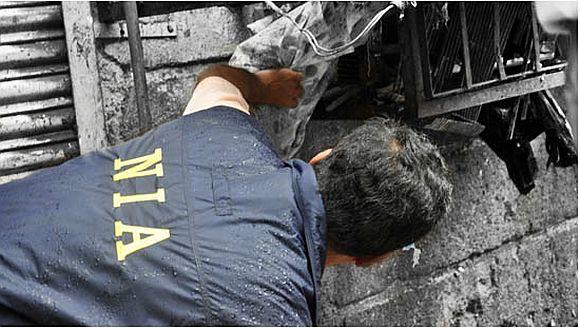
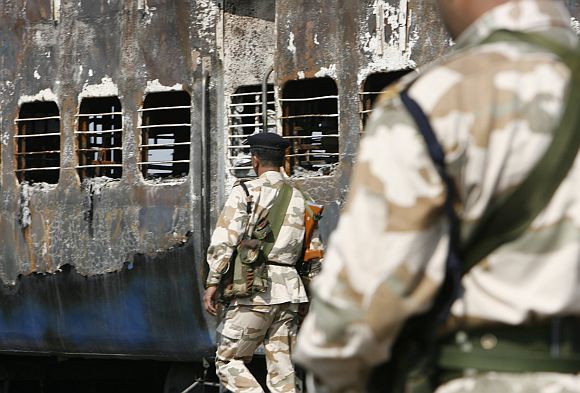
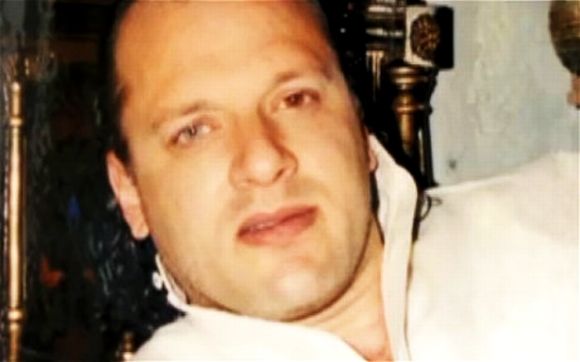
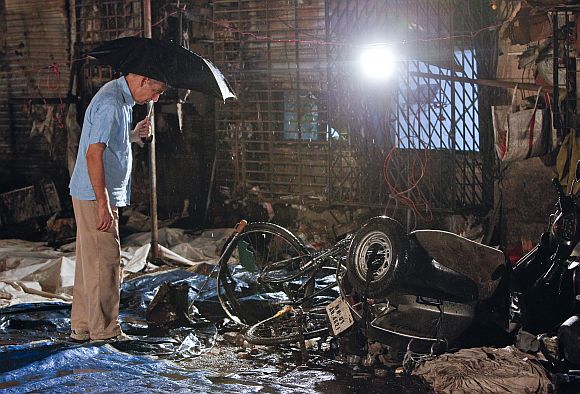
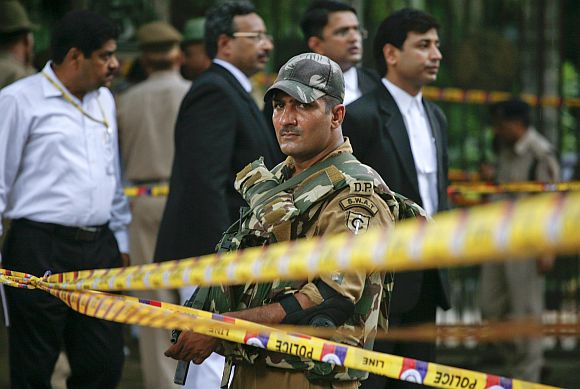
article